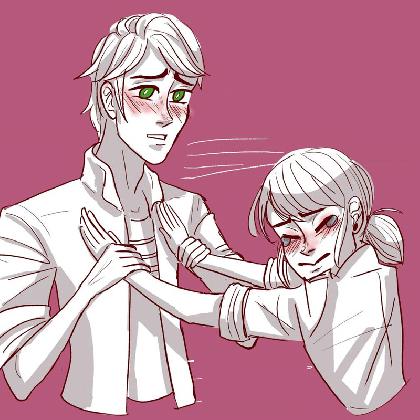Overcoming Self-Sabotage in Your Relationship
Have you ever noticed yourself pulling away just as things begin to feel secure with your partner? Or perhaps you find yourself starting arguments when the closeness feels too intense? If this sounds familiar, you are not alone. Many people unknowingly engage in self-sabotaging behaviours in relationships, driven by past hurts, low self-esteem, or fear.
The good news is that it is possible to recognise these patterns and take steps to break free, allowing you to build the healthy, connected relationship you deserve.
What Is Self-Sabotage in Relationships?
Self-sabotage occurs when your actions, often without conscious awareness, work against the closeness and stability you want. These actions may include:
- Picking fights unnecessarily
- Doubting your partner’s intentions without evidence
- Avoiding emotional intimacy
- Overthinking and fearing the worst
- Pushing your partner away during moments of closeness
Such behaviours often stem from a fear of abandonment or rejection, discomfort with vulnerability, or emotional wounds from the past that shape how you connect with others.
Signs You May Be Undermining Your Relationship
You might be engaging in self-sabotage if:
- You fear being left, even when your partner shows commitment.
- You create distance when you start to feel close.
- You find reasons to criticise your partner frequently.
- You feel uneasy when things are calm, leading you to create tension.
- You struggle to express your needs, then feel resentful when they are unmet.
- You find it hard to accept kindness or compliments.
- You shut down during disagreements rather than talk things through.
If these patterns resonate with you, it may be time to gently explore where they come from.
Why Do We Self-Sabotage?
Some common reasons include:
- Fear of Vulnerability: If you have been hurt before, allowing someone close can feel unsafe.
- Low Self-Worth: Feeling undeserving of love can lead to testing your partner’s commitment or rejecting their affection. It can also lead to poor choices in relationships.
- Attachment Wounds: Childhood experiences with inconsistency can lead to expecting instability in adult relationships.
- Fear of Rejection: You may push others away first to protect yourself from potential hurt.
How to Stop Self-Sabotaging Your Relationship
1. Notice Your Patterns
Start by observing when you engage in sabotaging behaviours. Journalling can help:
- What situation triggered your reaction?
- What thoughts or fears surfaced?
- How did you respond?
Awareness creates the space to make different choices.
2. Identify Your Triggers and Core Beliefs
Ask yourself:
- What am I afraid will happen if I let myself get close?
- Do I believe I am unworthy of love?
Identifying these core beliefs can help you address the underlying fears fuelling your actions.
3. Communicate Honestly
If you feel the urge to withdraw or start a conflict, pause and share what is happening inside:
“I feel scared by how close we are getting, and I worry I might push you away.”
Also take time to listen to your partner’s feelings. Open conversations reduce fear-driven reactions and strengthen trust.
4. Challenge Negative Thoughts
If you think:
- “They will leave me.”
- “They do not really care.”
Pause and ask:
- Is this thought accurate?
- What evidence do I have for a different perspective?
5. Practise Self-Compassion
Remember, these patterns once helped you feel safe but may no longer serve you. Be kind to yourself as you learn to respond in new ways.
6. Seek Professional Support
Working with a therapist can help you explore deeper fears and attachment patterns, giving you practical tools to build secure, fulfilling relationships.
Moving Towards Connection
Self-sabotage is a common but changeable pattern. Through consistent awareness and small steps towards vulnerability, you can transform your relationship into a space of safety and connection.
Keep in mind:
- Self-awareness empowers you with choice.
- Vulnerability nurtures trust.
- Kindness towards yourself supports lasting change.
You deserve to experience a relationship where you can give and receive love safely. Once you find the right person, learning how to maintain closeness together will help you protect and deepen your connection.
A Small Step to Begin
This week, commit to one small change: pause before reacting, journal about your feelings, or share one of your fears with your partner. Small actions like these can lead to meaningful shifts in your relationship and move you closer to the connection you truly desire.



















